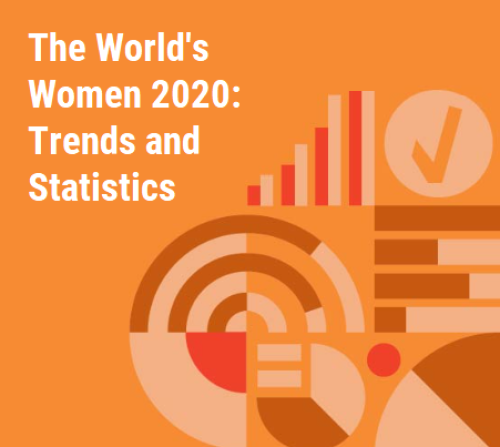
Less than 50% of working-age women are in the labour market, a figure that has barely changed over the last quarter of a century, according to a new UN report launched today. Unpaid domestic and care work falls disproportionately on women, restraining their economic potential as the COVID-19 pandemic additionally affects women’s jobs and livelihoods, the report warns.
The World’s Women 2020: Trends and Statistics compiles 100 data stories that provide a snapshot of the state of gender equality worldwide. Presented on an interactive portal, the report analyses gender equality in six critical areas: population and families; health; education; economic empowerment and…
The new report examines five megatrends: climate change; demographic shifts, particularly population ageing; urbanization; the emergence of digital technologies; and inequalities –that are affecting economic, social and environmental outcomes. Efforts to reverse or redirect these trends must be reinforced to ensure that we achieve the full measure of the 2030 Agenda, and set the stage for an inclusive, sustainable and equitable future during the next 75 years.
All trends are the result of human activity, and as such, they can be shaped by human decisions and policy choices. By making the right choices today, without further delay, it is not too late to shape the major trends of…
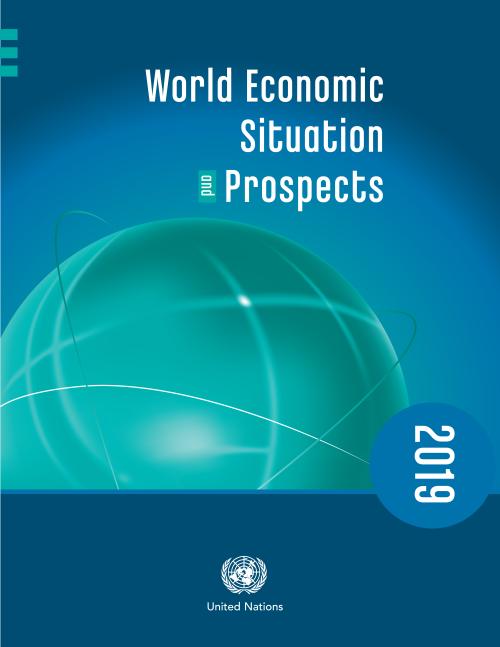
The global economy will continue to grow at a steady pace of around 3 per cent in 2019 and 2020 amid signs that global growth has peaked. However, a worrisome combination of development challenges could further undermine growth, according to the United Nations World Economic Situation and Prospects (WESP) 2019.
UN Secretary-General António Guterres cautioned “While global economic indicators remain largely favourable, they do not tell the whole story.” He said the World Economic Situation and Prospects 2019 “raises concerns over the sustainability of global economic growth in the face of rising financial, social and environmental challenges.”
Global growth is expected to…
Evidence is increasing that climate change is taking the largest toll on poor and vulnerable people, and these impacts are largely caused by inequalities that increase the risks from climate hazards, according to a new report launched by the United Nations today.
The World Economic and Social Survey 2016: Climate Change Resilience—an Opportunity for Reducing Inequalities (#WESS2016), found that governments can play a significant role in reducing the risks of climate change to vulnerable populations. Through transformative policies, the report shows that governments could address the root causes of inequalities and build climate change resilience.
While there is…
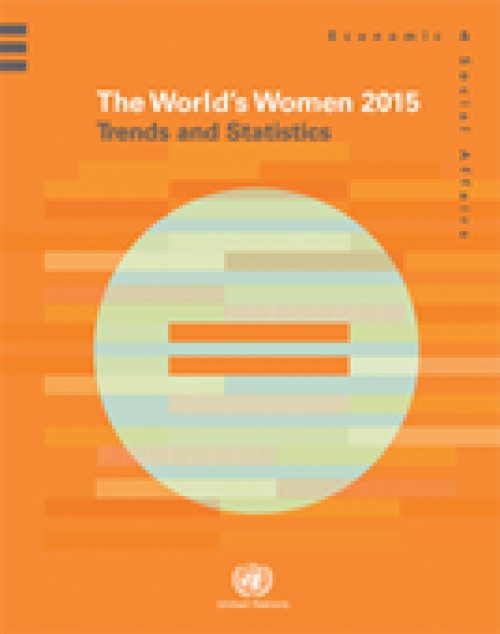
The lives of women and girls around the world have improved in several areas over the last 20 years, according to the new UN DESA report “The World’s Women 2015,” launched today. Coming on the heels of the recently adopted Sustainable Development Goals (SDGs), this new set of data on women and girls worldwide brings into sharp perspective the need for gender equality outlined in Goal 5.
“We cannot achieve our 2030 Agenda for Sustainable Development without full and equal rights for half of the world’s population, in law and in practice,” said UN Secretary-General Ban Ki-moon at a recent event on gender equality organized on the side of the Sustainable Development Summit.…
The experience from the Millennium Development Goals has shown that well-defined, objectively measurable indicators can help to maintain focus on internationally agreed development goals and targets, while keeping the world informed of achievements, problem areas and emerging issues.
Looking ahead to the post-2015 development agenda, it will be important to develop a robust monitoring system that draws on traditional data collection methods and innovations in statistics and data collection to develop a monitoring framework that can measure progress on the various thematic areas.
While it is still too early to define a set of indicators and targets for the development…
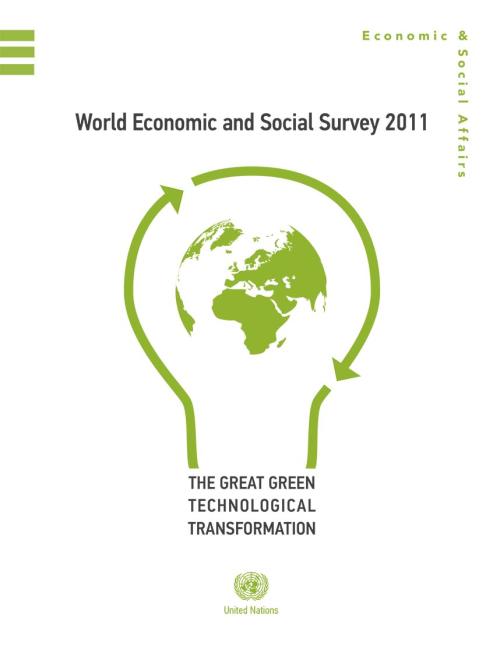
Nothing short of a technological revolution on the scale of the first industrial revolution will be required to meet the challenge of sustainable development. Enormous improvements in human welfare have taken place over the past two centuries, but at a lasting cost of degradation of our natural environment. Continuation along established economic growth paths means that the Earth's capacity to ensure human welfare and serve as a sink for the waste and pollution generated in the creation of that welfare will be exceeded.
The World Economic and Social Survey 2011 analyses the challenges and options involved in shifting to a "green economy" based on more efficient and renewable…
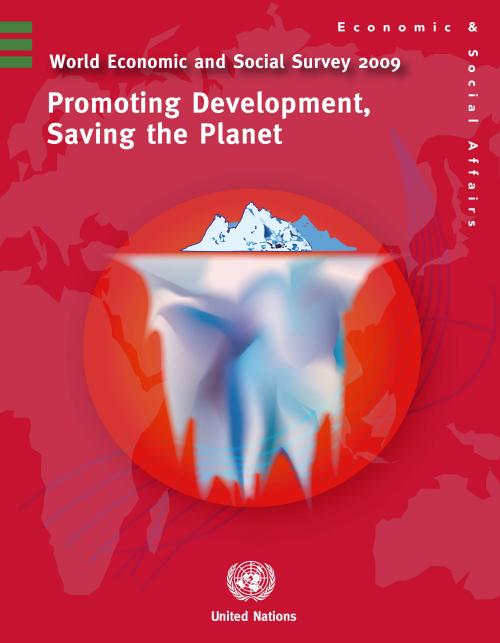
The central message of the World Economic and Social Survey 2009 is that addressing the climate challenge cannot be met through ad hoc and incremental actions. In the first place, it requires much stronger efforts by advanced countries to cut their emissions. The fact that in this regard more than a decade has been lost since the adoption of the Kyoto Protocol to the United Nations Framework Convention on Climate Change only adds urgency to those efforts. However, even if advanced countries begin to match their words with deeds, their efforts are, by themselves, unlikely to be sufficient to meet the climate challenge. The active participation of developing countries is now required and…
 Welcome to the United Nations
Welcome to the United Nations